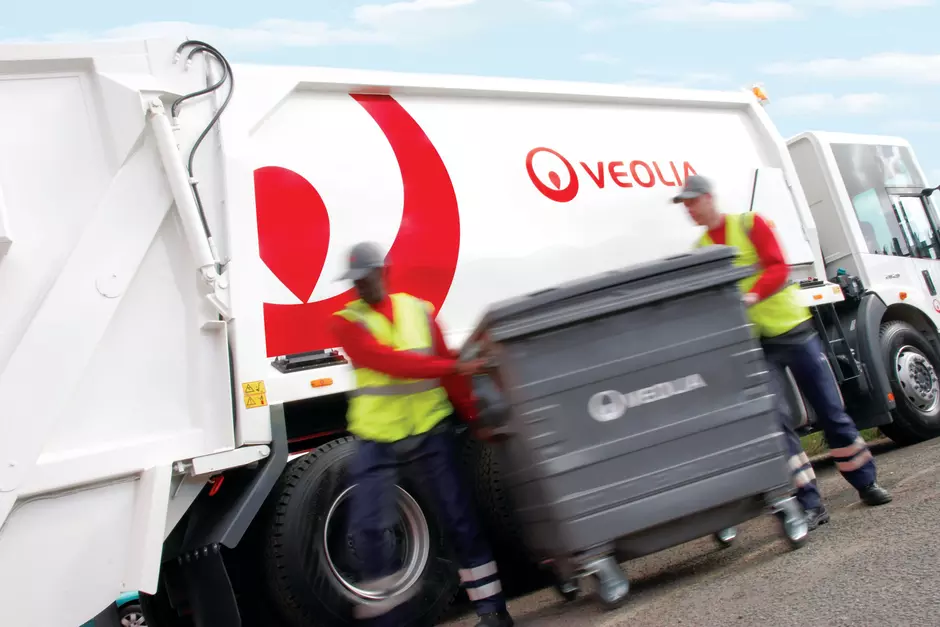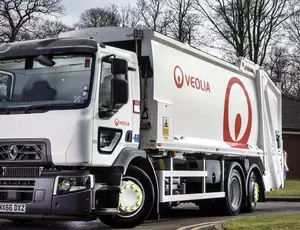Outsourcing your total waste management contracts can often prove daunting and a laborious task to get moving internally.
However, as a manufacturing business, (MOD, Healthcare, Pharmaceutical, NHS, Chemical, Food & Beverage) you are bound to be producing multiple waste streams which require more complex waste strategies.

With cost now at the forefront of business agendas and driving savings through efficiencies, simplifying your waste strategy could have a positive impact on your bottom line, as well as additional resilience and security of supply.
To help you start the exercise and to guide you through an easy-to-use process in assessing options for your waste strategy, Veolia has put together the following guide to support your activities.

How to benchmark with simplicity
- It is best to keep this stage as simple as you can. Utilising the same metrics, for e.g. tonnes, ewc codes or descriptions, when reviewing your data will allow for easier benchmarking tonnes. This will save time and will enable direct comparison during your tender process.
- Once you have categorised in the correct way, developing an outline of the containers and types used on-site allows the accuracy of payloads to be determined. This will again give you clarity and visibility throughout the process.
Understand your site processes and requirements
- Map out your site processes, for e.g. equipment that is used on-site, to give a clear understanding of the waste and how it is currently handled. This will again give clarity and direct comparisons.
- Are you using outsourced labour? Again utilise this data to provide an hourly rate of which to benchmark cost of labour provisions on-site, to remove figure guessing and enable accuracy in quoting from your tender submissions.
Creating value from your site processes
- After you have benchmarked and clarified the processes of your site, this can then allow for clear elements within your tender to be costed accurately. Once you have firm costs, this then enables you to consider the value add elements such as sustainability, innovation, the circularity of waste and resilience for your business to deliver additional cost savings.
- Process improvements - including correct segmentation of waste, waste disposal routes, waste hierarchy improvements and carbon savings through reduced transport.
By correctly benchmarking from the beginning, this will enable you to keep control of the process and provide you with direct comparisons to make the decision process more efficient. By doing the basics, you will be able to see clear savings from added-value services.
If you need some support collecting and analysing your data, please complete the form below and we will be in touch shortly.



